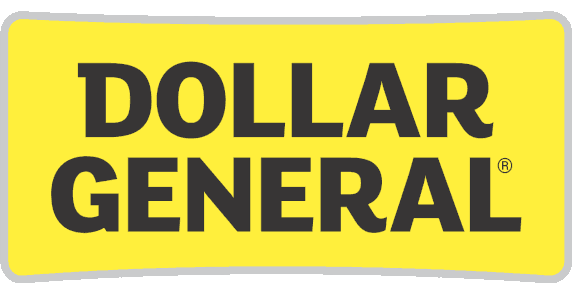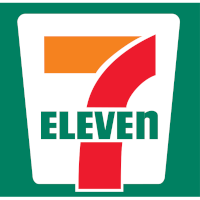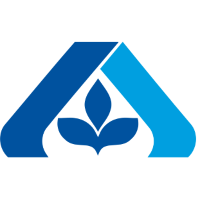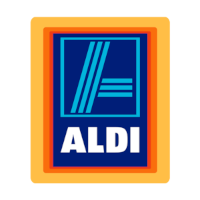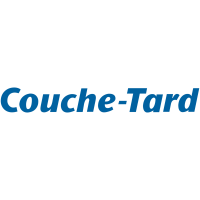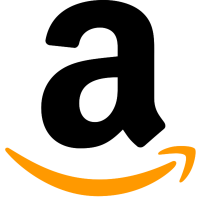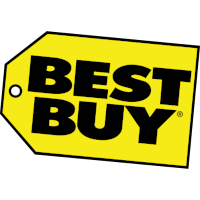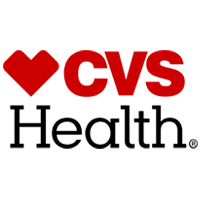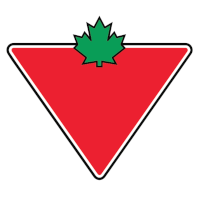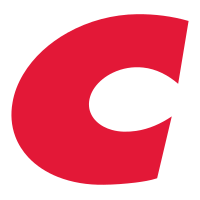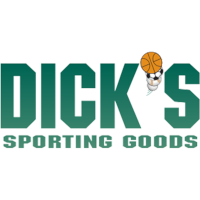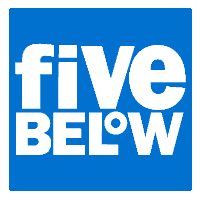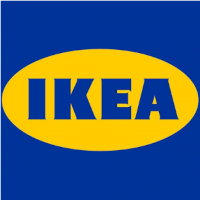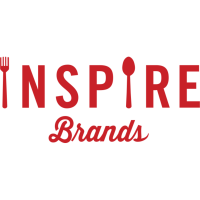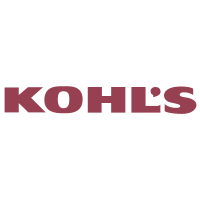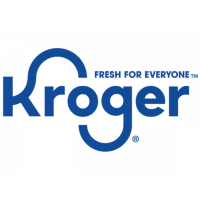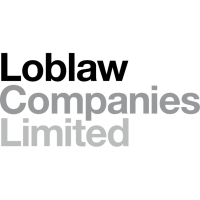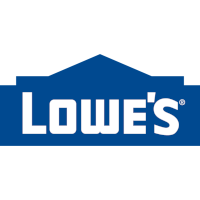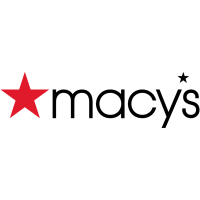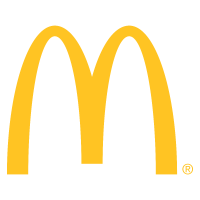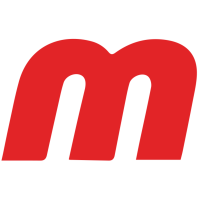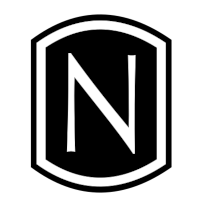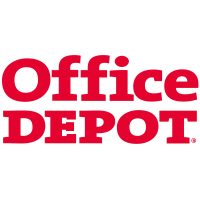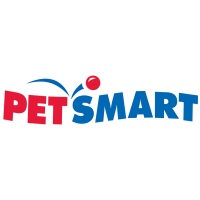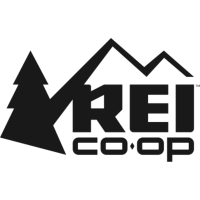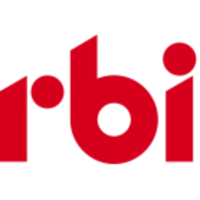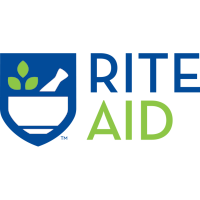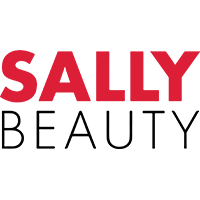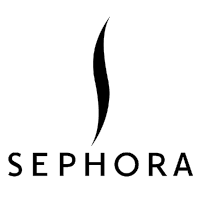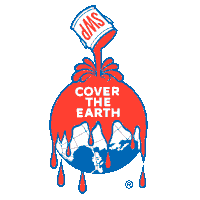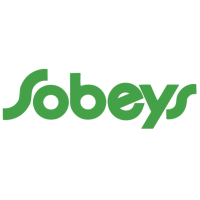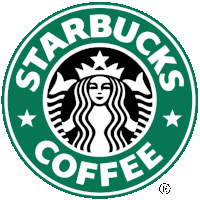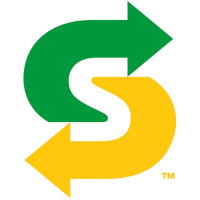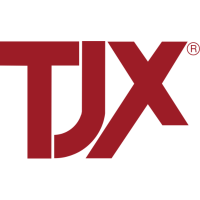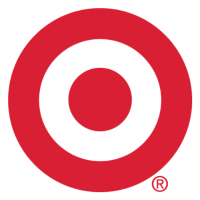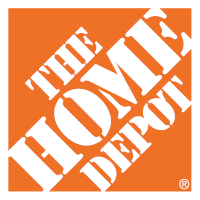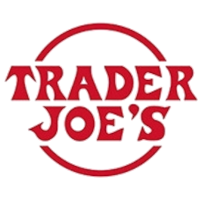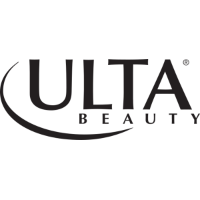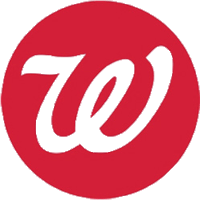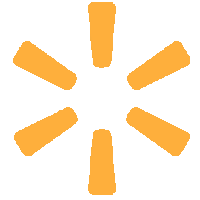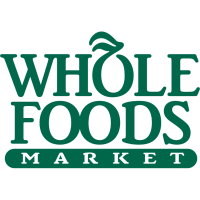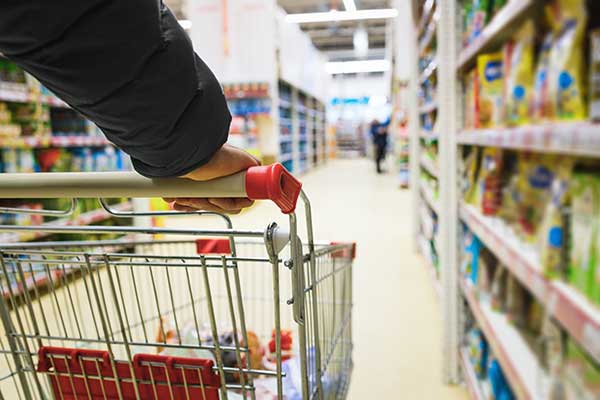Key Findings and Recommendations
- Corporate Commitment: In 2022, Dollar General expanded its safer chemicals policy to include private-label formulated products in its home cleaning, beauty and personal care, hardware, and automotive departments. The current policy restricts eight intentionally added chemicals and sets a goal to eliminate an additional 11 chemicals. The policy also encourages, but does not require, Dollar General’s suppliers to use safer alternatives. Dollar General participates in the Chemical Footprint Project, but did not make its survey responses public.
- Transparency: Dollar General requires private-label suppliers of formulated products to register product formulations with the UL WERCSmart system, providing it with product-level visibility to ingredients in these products. The company also encourages brand-name suppliers of these product categories to register their product formulas with WERCSmart. The company also encourages suppliers of the same formulated products to disclose to consumers intentionally added chemicals, except fragrances and flavors. The company should also commit to calculate and publicly disclose its chemical footprint. Any public-facing chemical information, including but not limited to chemical hazard notices and chemical policies, should be translated into Spanish and other languages in order to enhance accessibility to health-relevant information.
- Ban the Bad: Dollar General restricts 19 chemicals in private-label formulated beauty and personal care products, as well as private-label home, hardware, and automotive cleaning products. In 2022, the company reported removing eight intentionally added chemicals of high concern from private-label formulated home cleaning, beauty, and personal care products. Dollar General should set public, time-bound goals for reducing and eliminating chemicals of high concern or plastics of high concern.
- Safer Solutions: Dollar General’s 2023 Chemical Policy urges suppliers to use safer alternatives for the chemicals on its restricted substance list (RSL). The company defines safer as those chemicals identified by the U.S. Environmental Protection Agency’s Safer Choice program, which is consistent with Washington state. Dollar General should join other retailers by investing financial resources in tools and research to help its suppliers evaluate safer alternatives to chemicals and plastics of high concern.
2024 Detailed Analysis of Dollar General
Corporate Chemicals Policy
Adopted a safer chemicals policy
Oversight
Established management oversight
Chemical Footprint Project (CFP)
Participated in the CFP
Collaboration
Actively participates in collaborative process to promote safer chemicals
Public Policy Support
Supported governmental policies to reduce chemicals or plastics of high concern
Supply Chain Disclosure
Brands report use of chemicals or plastics in products or packaging to retailer
Supplier Accountability
Ensures supply chain accountability for chemicals or plastics restrictions
Consumer Disclosure
Brands disclose use of chemicals or plastics to consumers
Chemical Footprint Calculation
Publicly disclosed its chemical footprint
Restricted Substances List (RSL)/Manufacturing Restricted Substances List (MRSL)
Reduction/Elimination Goals
Chemicals and Plastics Reduction
Reduced or eliminated toxic chemicals or plastics of high concern
Safer alternative definition
Adopted a definition of safer alternative consistent with Washington state
Investment in Safer Solutions
Invested financial resources to advance and drive development of safer solutions
Implementation of Safer Solutions
Replaced chemicals or plastics of concern with safer solutions
Quantified Safer Products
Measured and disclosed progress towards safer products
How does Dollar General compare to its competitors?
Previous Grade History
NOTE: Our evaluation criteria changed in 2024. The scores from previous review years through 2021 are based on a different set of criteria measured.
Click or tap on a grade year to review additional details (where available).

